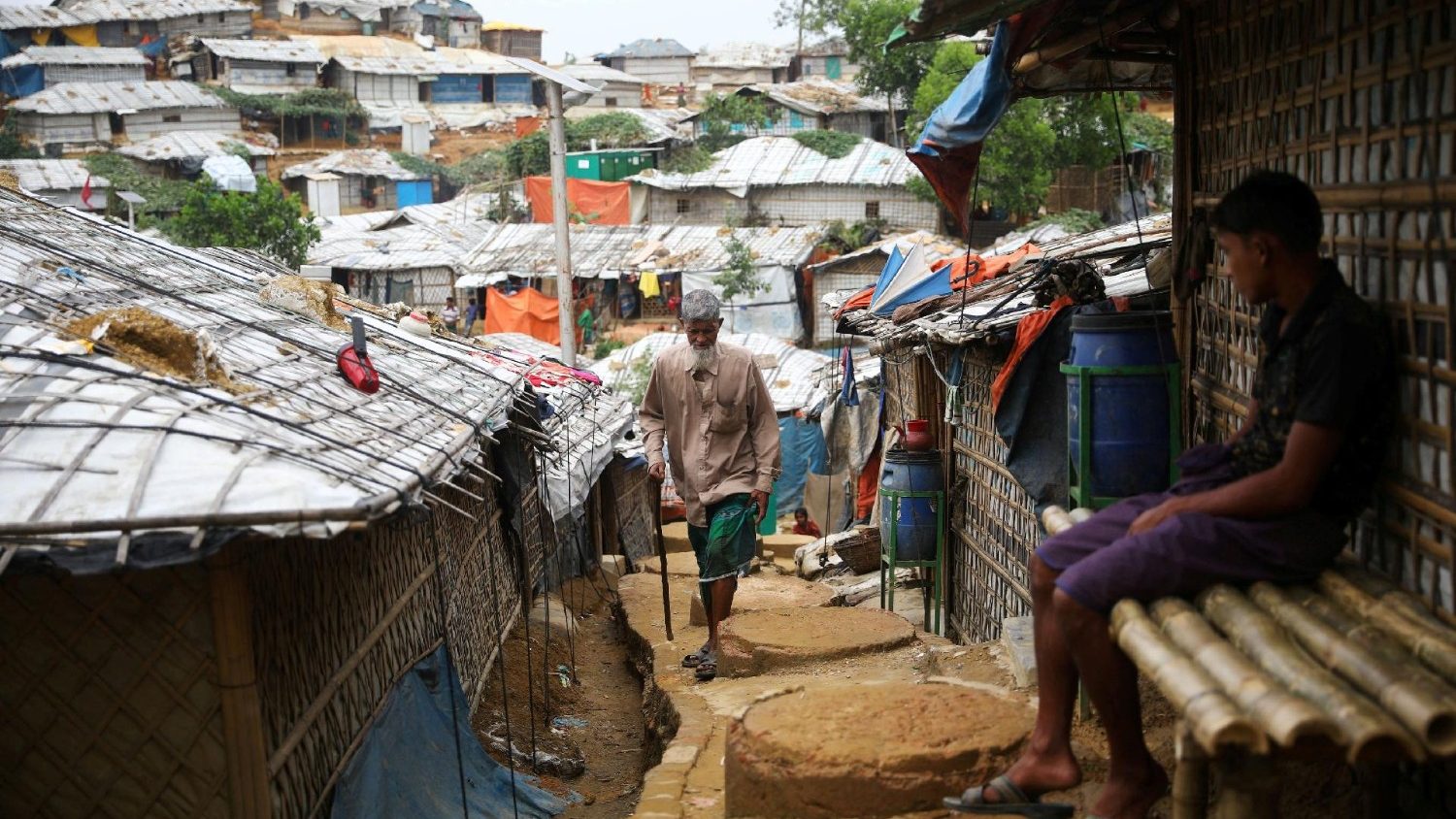News Flash

DHAKA, Nov 4, 2025 (BSS) - Visiting Vatican Minister Cardinal Michael Felix Czerny has described the prolonged suffering of the Rohingya people as "a real shame," expressing deep concern over the international community's failure to find a lasting solution to their crisis.
"The situation for the Rohingya in Cox's Bazar is very challenging. The reality in the camp is that they are stateless, permanently unemployed and being shut in as they are in the camp. This is a situation which might be tolerable for a month, but it has been going on for years," he said at a press conference at the CBCB Centre in the capital this afternoon.
Cardinal Czerny, Prefect of the Dicastery of Integral Development, visited Bangladesh from November 1-5, during which he interacted with Rohingya refugees in Cox's Bazar, internal migrants in Narayanganj, street children in Mohammadpur, and Christian community leaders.
He said the Rohingya are living in camps under very difficult conditions after being driven from "their own home, their traditional home and their ancestral home."
"We should be grateful to Bangladesh for the welcome that they have received and also hope that their conditions will improve, and most of all, hope that there will be a solution soon so that they can return to their homeland," the Cardinal added.
On the Catholic Church's role in addressing climate change, he said the Vatican would seek to speak up in the upcoming climate conference in Brazil on behalf of Bangladesh and other countries who are the innocent victims of the choices, policies, and lifestyles of other countries.
"This is international injustice which is similar to the injustices we have seen here inside the country," he said.
Referring to internal migration challenges, Cardinal Czerny observed that many people move within Bangladesh in search of work and face hardships with housing and education.
"They are attracted by the jobs in the industries, but the ordinary services they should have are very difficult to organize and to provide. Therefore, in some ways, they live as strangers in their own land," he noted.
"So again, we have great sympathy, and I very much admire what the church is able to do to accompany them, to help them seek their rights, and to find solutions to their problems," he said.